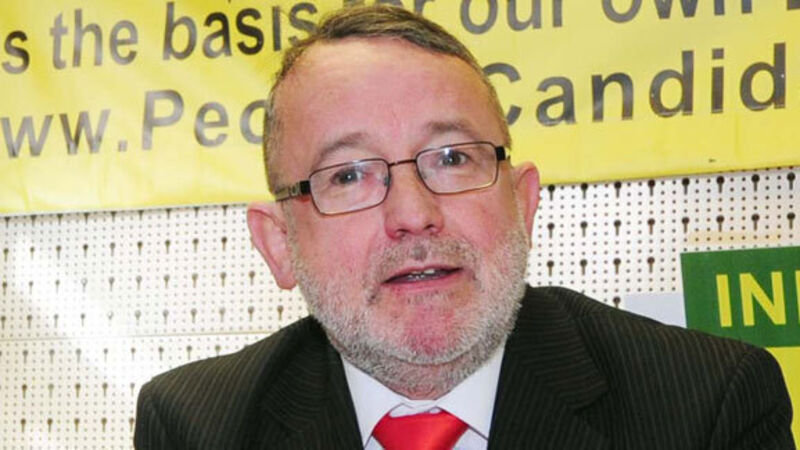Politician accused of blacking out street names called after Queen Victoria challenges language issues

Diarmaid Ó Cadhla, aged 56, of 8 Upper Beaumont Drive, Ballintemple, Cork, faces five counts of criminal damage to street signs at three locations in Cork City.
Mr Ó Cadhla is charged with two counts of criminal damage at Victoria Road, two counts of criminal damage at Victoria Cross, and one count of criminal damage at Victoria St, Military Hill, on February 2.













